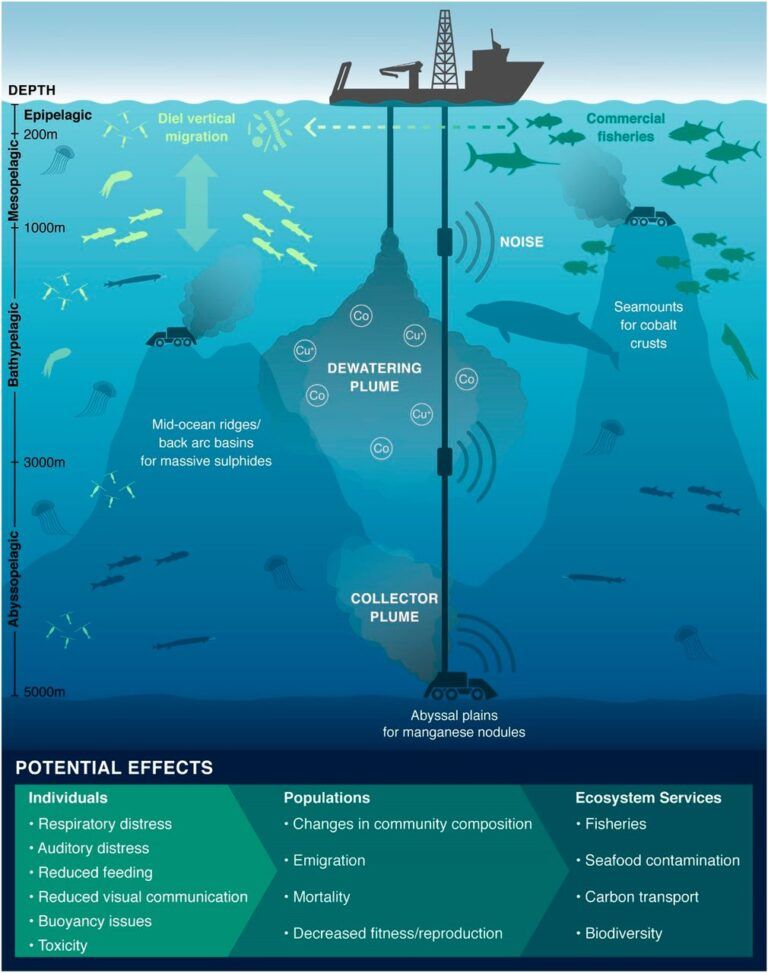

Photo/Tonga Independent
What did Tonga sign?
Tongan environmental correspondent Tevita Tu’ifua unpacks the hidden weight of ‘sponsorship’ in deep-sea mining deal.
When the Tongan government announced that it had signed a revised Sponsorship Agreement with Tonga Offshore Mining Ltd (TOML), many expected transparency.
Instead, what followed was a press release that offered smooth language, broad promises, and very few details. The document was careful in tone and vague in substance. And crucially, the agreement itself remains unseen by the public.
What can be extracted from the wording of the press release is this: the Kingdom of Tonga is not simply offering a seal of approval. It is, under international law, acting as a sponsoring state. That role carries legal weight.
According to the United Nations Convention on the Law of the Sea (UNCLOS), no private company is allowed to mine the international seabed unless it is formally backed by a state. That state is expected to monitor and ensure that the company complies with international rules, particularly regarding environmental protection. Tonga, in sponsoring TOML, is agreeing to be that state.
This means that the government is not just entering into a commercial arrangement. It is accepting potential legal and financial liability. If TOML breaches environmental regulations, or if its operations cause damage to marine ecosystems, Tonga itself could be held responsible. This is not theoretical. It is embedded in the legal framework that governs the seabed.
The press release avoids any mention of liability. Instead, it speaks of benefits. It notes that Tonga will continue to receive financial support, training programmes and community development projects. These promises are described in optimistic terms. However, there is no indication of how those benefits are measured, delivered or enforced. Nor does the release say what safeguards exist if TOML fails to honour its commitments.

Photo/Tonga Independent
There is also no mention of Tonga’s right to withdraw sponsorship if it becomes clear that deep-sea mining is harmful. It is not clear whether that option exists in the revised agreement or whether Tonga has tied itself more tightly to TOML’s future ambitions.
The release expresses frustration with the International Seabed Authority (ISA), which has not yet finalised the rules for commercial mining in international waters. It refers to delays that have prevented TOML from moving forward. It also makes reference to the United States and its own regulatory framework, suggesting that Tonga may be exploring other legal avenues to proceed. This raises further questions about what laws Tonga is now aligning itself with and how this shift might affect its standing under UNCLOS.
Without the text of the agreement, Tongans are left guessing. They do not know what environmental protections have been negotiated. They do not know whether the government can cancel the deal if circumstances change. And they do not know what risks Tonga now faces as a sponsor of a potentially controversial industry.
Local legal experts are beginning to raise their voices. Lori Osmundsen, a lawyer specialising in environmental and marine law, said the sponsorship model puts the burden squarely on the state. “If TOML breaks the rules or causes damage, it is ultimately Tonga’s name and Tonga’s exercise of due diligence as a sponsor that will be called into question. This is not a passive role. Sponsorship creates the risk of liability, and that liability is shared by the people of Tonga, whether they were consulted or not.”
To call it a partnership suggests equality. But if Tonga is carrying the legal risk while TOML carries the profit motive, it is fair to ask whose interests are truly being served.
If the agreement is sound and in the national interest, there should be no reason for secrecy. Tongans have a right to see the document, understand the obligations that have been taken on in their name, and question whether the rewards justify the risks.
Until that happens, the idea of sponsorship remains a loaded one. It may carry benefits, but it also carries burdens. Without openness, the country cannot judge which is greater.
Tevita Tu’ifua is an environmental correspondent. This was first published by Tonga Independent News. The views expressed in this article are his and not PMN's.


